In this photo illustration, insulin pens manufactured by the Novo Nordisk company are displayed on March 14, 2023 in Miami, Florida.
Joe Raedle | Getty Images
Bipartisan Senate legislation introduced Friday would cap the price of insulin at $35 per month for people with private insurance.
The bill, drafted by Sens. Jeanne Shaheen, D-N.H., and Susan Collins, R-Maine, comes two months after President Joe Biden called on Congress during his State of the Union address to extend the insulin price cap to the millions of people living with diabetes who have private insurance.
“Americans living with diabetes and the ones who love them cannot wait any longer for Congress to act — the time is now,” Shaheen and Collins said in a statement.
“We are calling on Senate leadership to bring this bill to the floor for consideration as swiftly as possible.”
Biden’s Inflation Reduction Act, which became law last year, capped the price of insulin at $35 a month for seniors on Medicare.
But efforts to include people with private insurance died in Congress last year due to Republican opposition.
More than 2 million patients with diabetes who take insulin are privately insured, according to the Health and Human Services Department.
About 150,000 patients who take insulin do not have insurance, according to HHS.
In March, Eli Lilly, Novo Nordisk and Sanofi announced they would slash prices of their most widely used insulin products in response to growing public pressure to address rising costs.
Those three pharmaceutical companies control 90% of the global insulin market, according to HHS.
Shaheen and Collins said Congress needs to intervene and mandate the price cap by law to ensure insulin is affordable for patients.
“We are encouraged by the proactive steps taken by private companies, but that is a drop in the bucket on action that is needed to lower prices across the board and keep them there,” the senators said.
The legislation would require private insurance plans starting in January 2024 to cap the price patients pay at no more than $35 per month, and waive deductibles for at least one of each insulin type and dosage form.
Insulin types include rapid, short, intermediate and long-acting, as well as pre-mixed. Dosage forms include vials, pens and inhalers.
In 2025, the legislation would cap what patients pay at the lower of two possible prices — $35 per month or 25% of the manufacturer’s list price.
The bill also aims to rein in pharmacy benefit managers, the go-betweens who negotiate drug prices with drugmakers on behalf of health insurance plans.
Although pharmacy benefit managers are supposed to negotiate lower prices, they have come under scrutiny for pocketing some of the discounts and rebates they get from manufacturers.
The Senate legislation would require pharmacy benefit managers to pass 100% of the rebates and discounts they negotiate on the manufacturer’s insulin list price to health insurers, which could help reduce premiums for patients.
The bill also would give the Food and Drug Administration the power to expedite the approval of biologic products such as insulin that are similar to brand-name products, which could help increase competition and reduce prices.
So far, the FDA has only approved two insulins — rezvoglar and semglee — that are interchangeable with brand-name products. Those are made by Lilly and Mylan Pharmaceuticals, respectively.





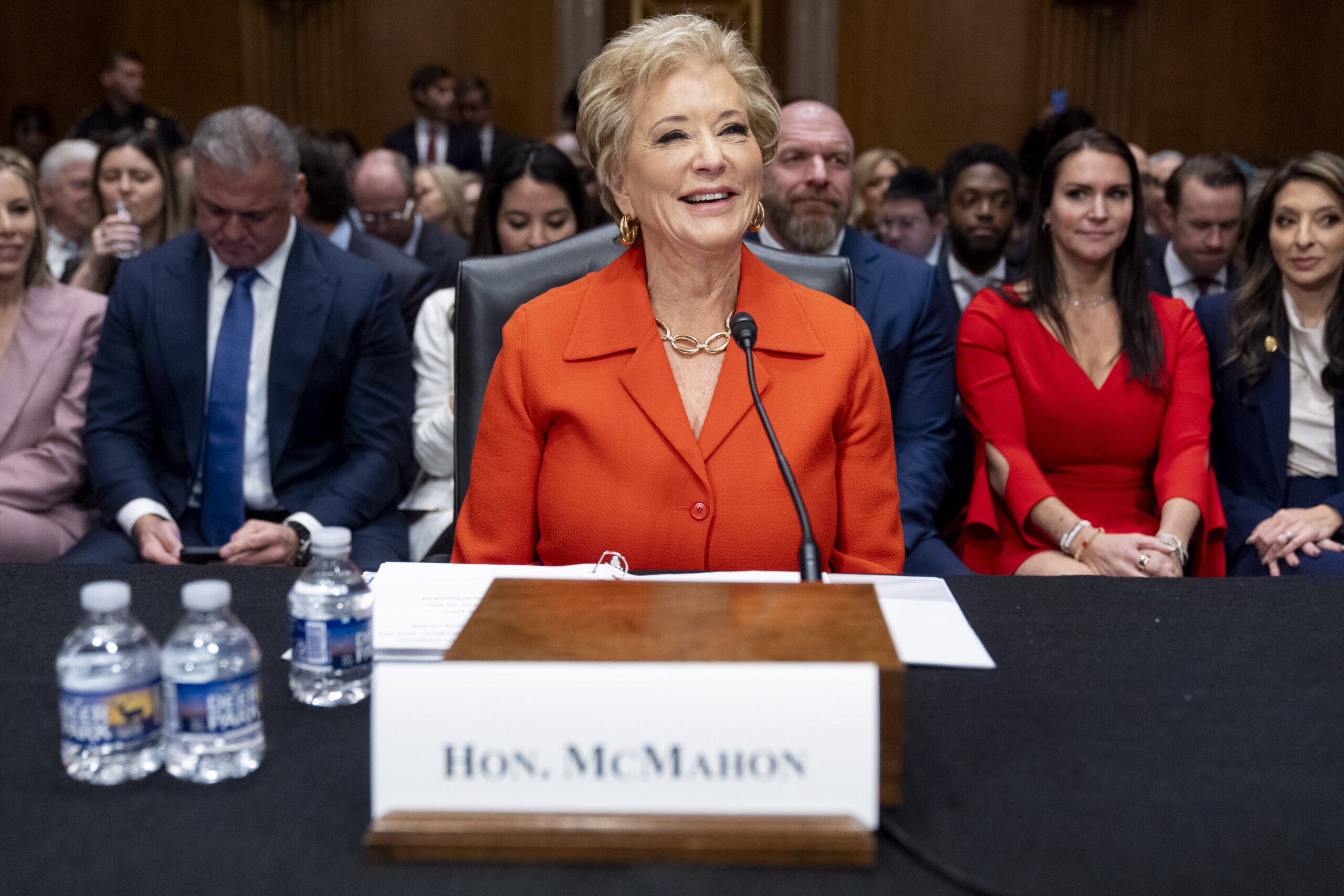


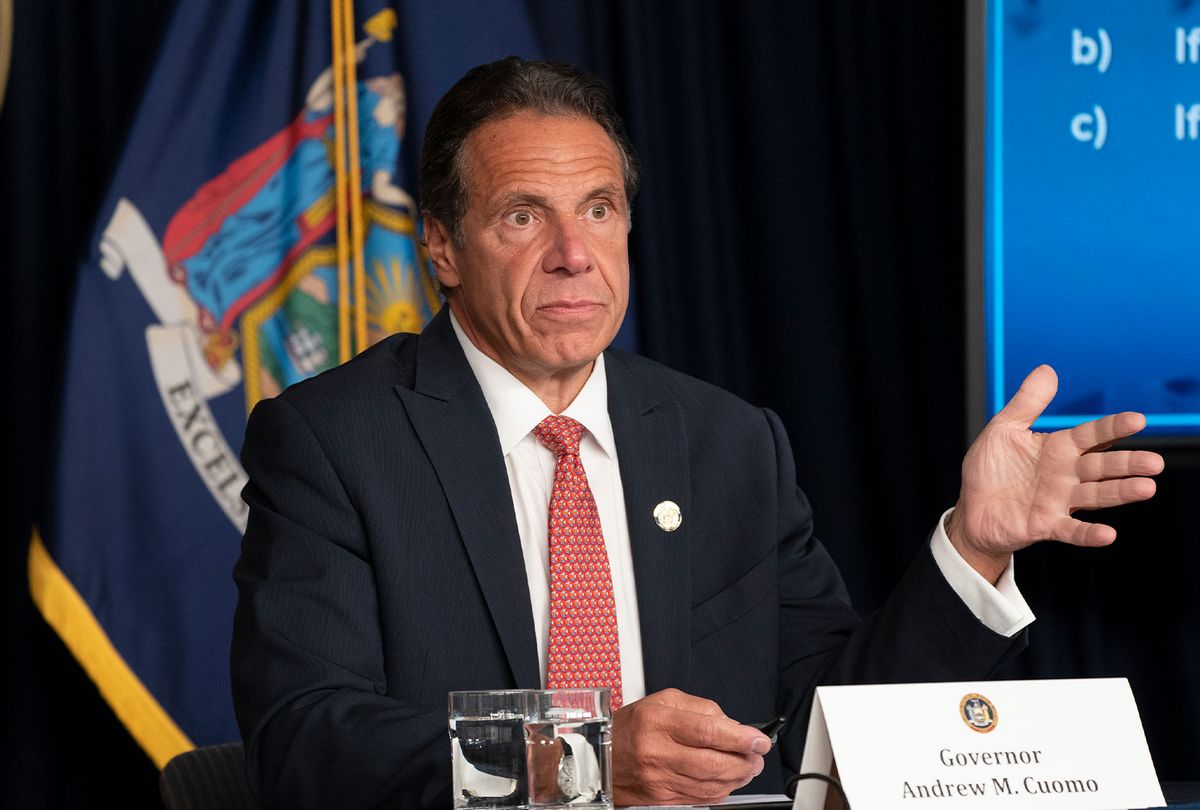

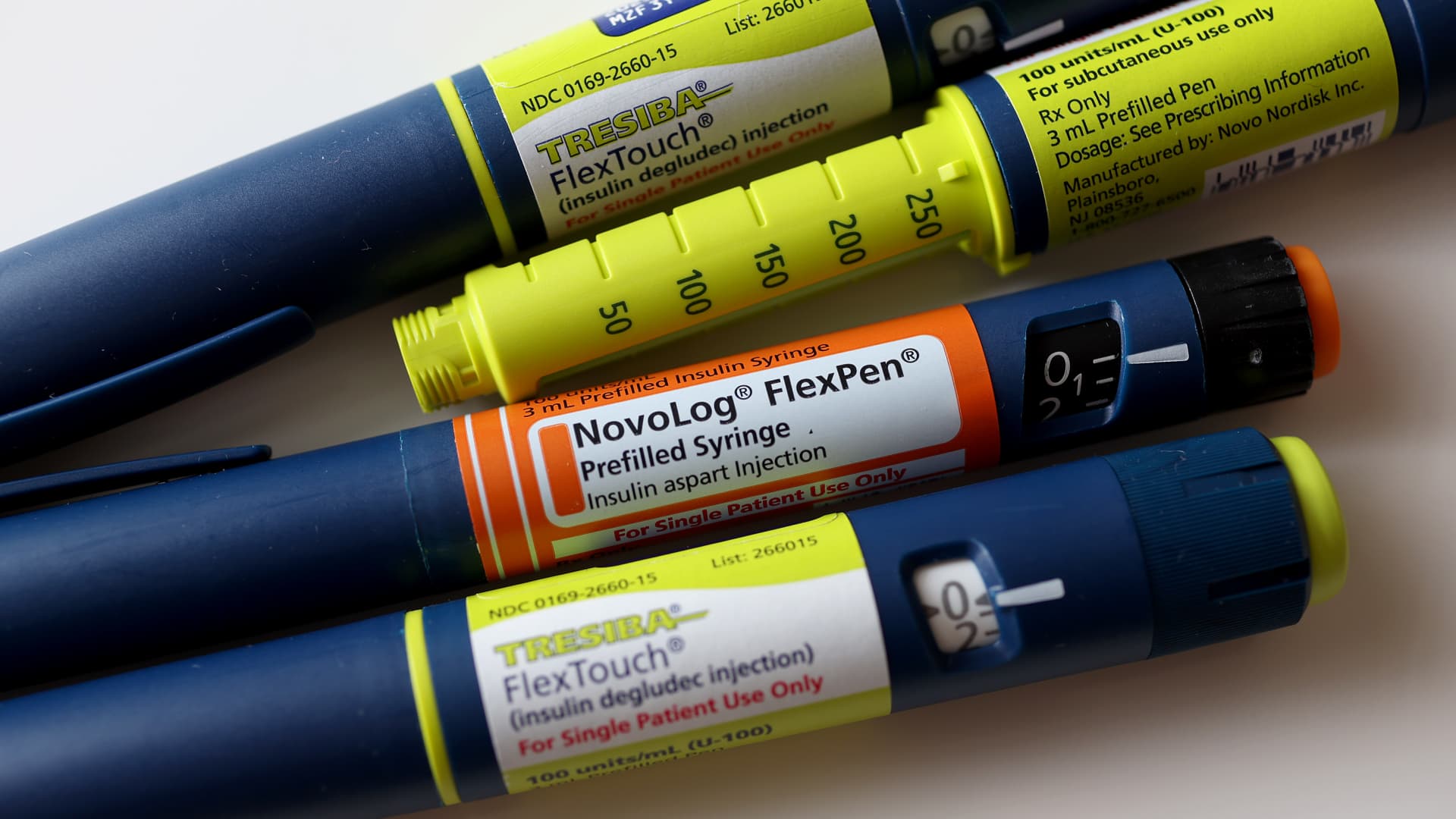
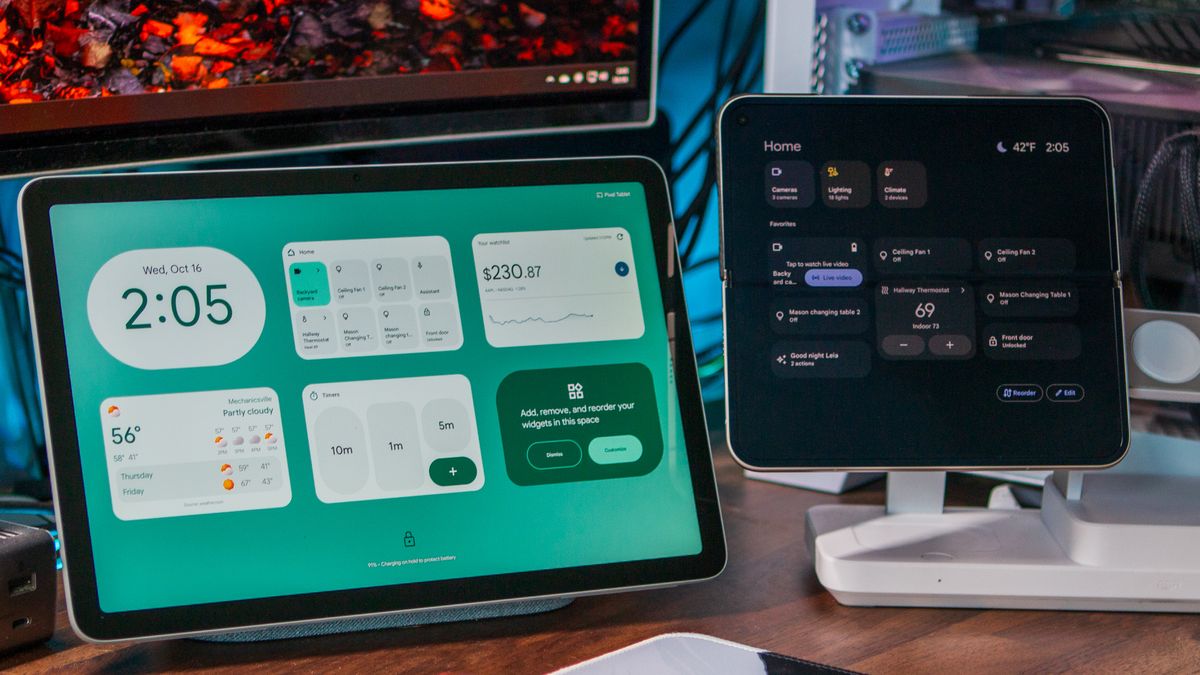

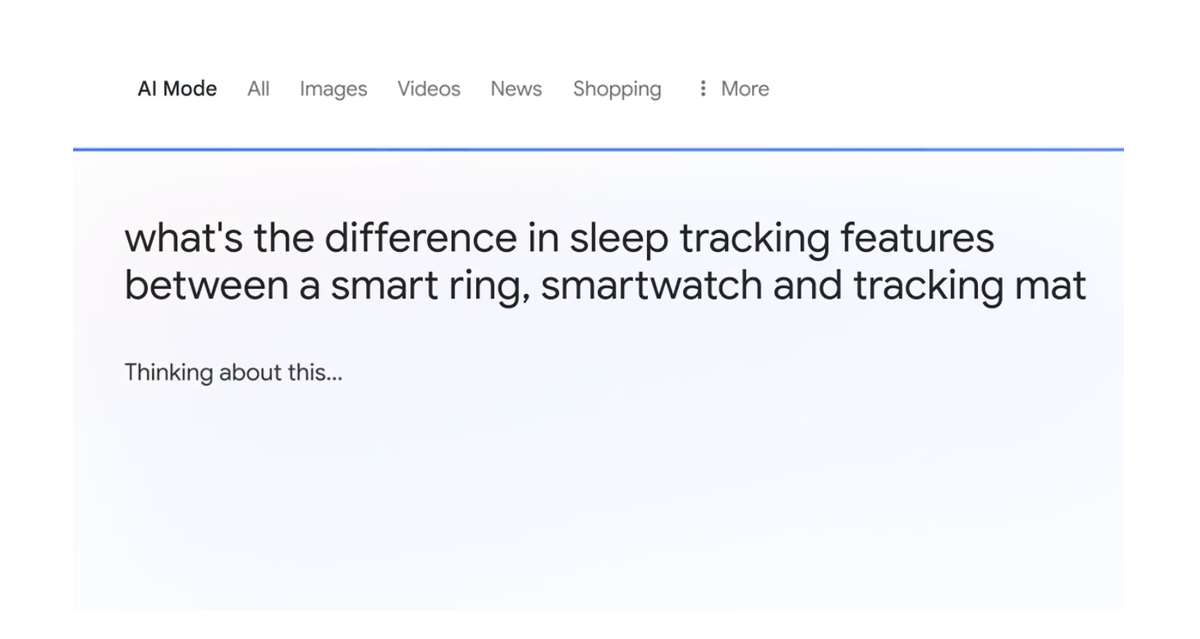







Discussion about this post